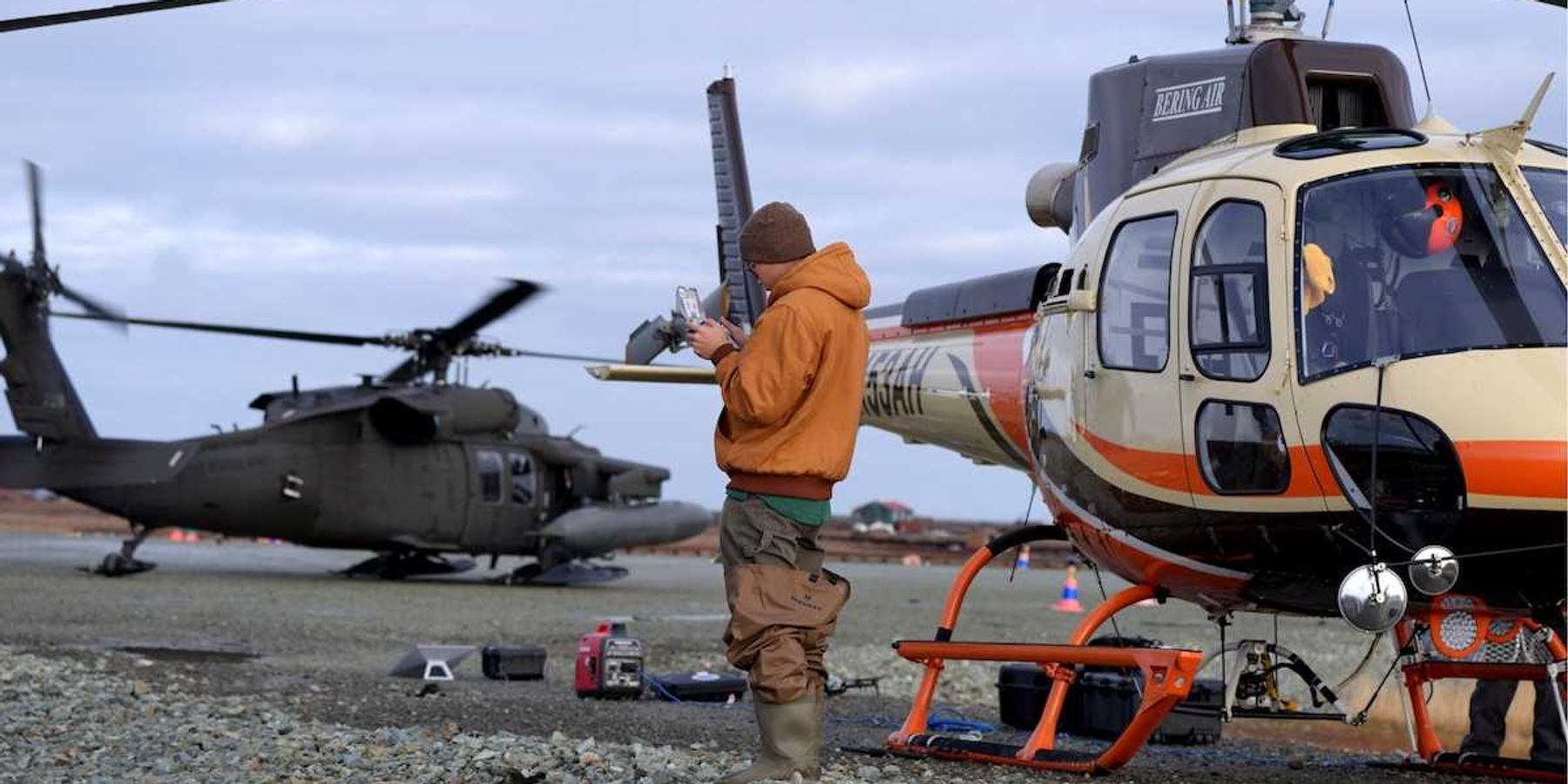thebulletin.org
Newsletter
Cutting the red tape for cleaner energy: The pros and cons of permitting reform
Permitting reform has become one of the most talked-about, divisive policy debates in climate and energy circles. What do these experts say?
thebulletin.org
The Energy Department’s fusion breakthrough: It’s not really about generating electricity
The fusion breakthrough that the US Energy Department announced this week is scientifically significant, but the significance relates to the monitoring of the country's nuclear weapons stockpike, not to clean electricity generation.
Russia’s war has chilling effect on climate science as Arctic temperatures soar
Russia's war on Ukraine has forced scientists to cancel fieldwork and suspend research projects, imperiling our understanding of climate crisis in the Arctic.
thebulletin.org
Nuclear reactors in a war zone: A new type of weapon?
Despite international agreements to exclude nuclear power plants from war zones, Russia has recklessly attacked these facilities. Although nuclear power plants are designed to operate safely, in a war zone there are no guarantees. Nuclear power plants have become a new instrument for making war and laying waste to the land.
thebulletin.org
Global collapse is in view - Bulletin of the Atomic Scientists
In light of Putin's decision to make nuclear weapons look usable, it has become all too clear that the global scientific community must reinvent the informal, cooperative, scientist-to-scientist relationships that once were so valuable. Not just Russia’s scientists, but China’s too must participate.
thebulletin.org
Naomi Oreskes & Jeff Nesbit: From denial to delay: How the oil industry refined its strategy on climate
No longer able to outright deny the reality of climate change, the fossil fuel industry has pivoted to obfuscation.
thebulletin.org
Gathering storm: The industrial infrastructure catastrophe looming over America's Gulf coast
A Bulletin/MIT analysis shows that almost 4,900 sites that handle toxic chemicals sit in flood-prone areas of Texas and Louisiana, posing a catastrophic environmental threat if a major hurricane hits the wrong place. The government's current plan to protect Gulf Coast infrastructure—the $29 billion Ike Dike—will not stand up to major storms, experts say.
ORIGINAL REPORTING
MOST POPULAR
CLIMATE









